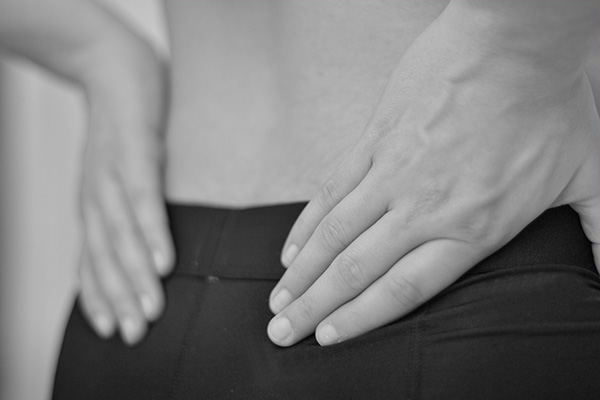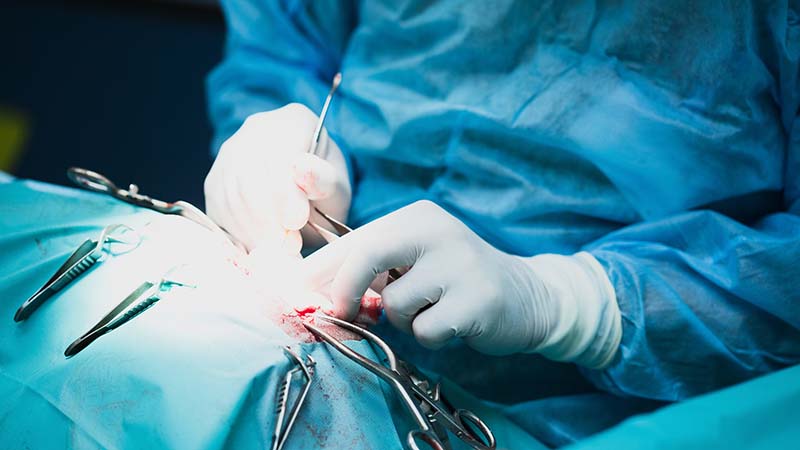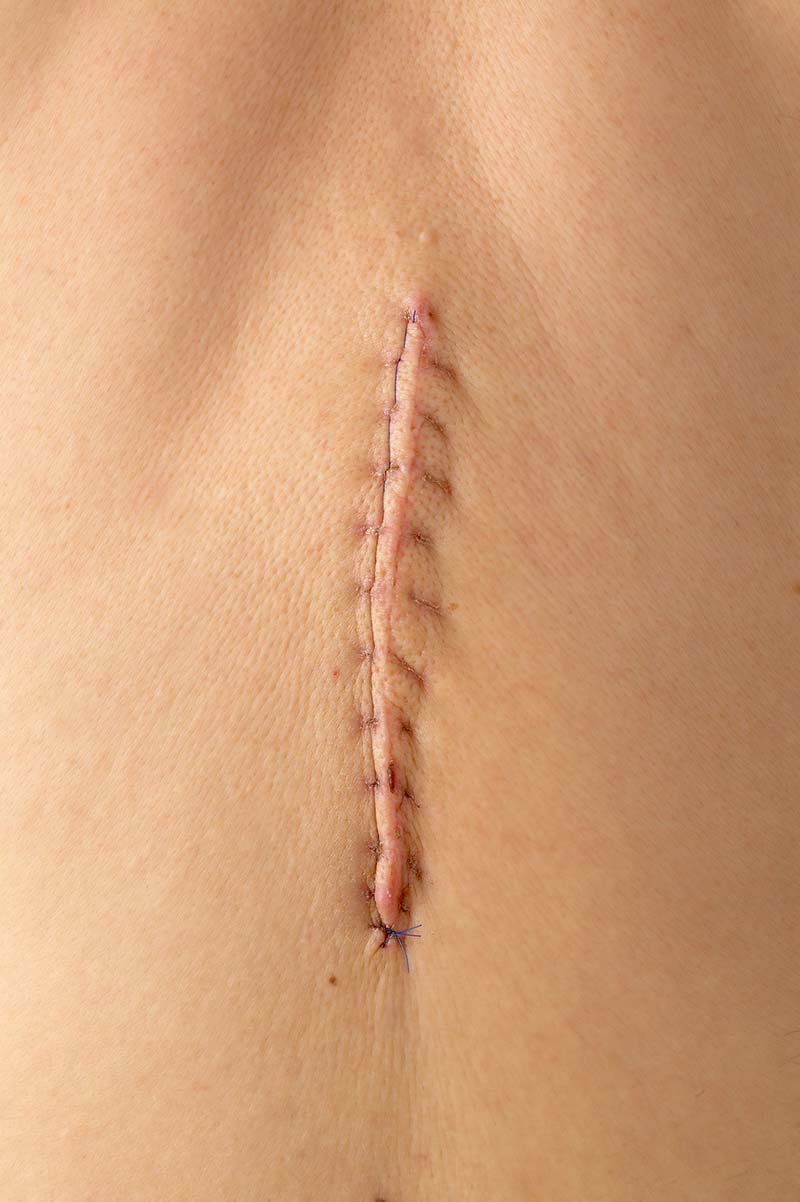 Maybe you are frustrated because you have tried various medical treatments, medications, shots and therapies and your still in pain ......your back problem just won't go away. You are beginning to think of surgery. Let's put the brakes on, and take a look at the research and statistics surrounding back surgery so you can make an informed decision. Information is power and we want you to be an informed patient.
Maybe you are frustrated because you have tried various medical treatments, medications, shots and therapies and your still in pain ......your back problem just won't go away. You are beginning to think of surgery. Let's put the brakes on, and take a look at the research and statistics surrounding back surgery so you can make an informed decision. Information is power and we want you to be an informed patient.
STATISTICS:
- 60-80% of people, at some time during their life, will develop a back problem.
- At any given time in the United States, 15-20% of the people have back pain, that equals to approximately 54 million people right now.
- Greater than 50% of individuals with no back pain show bulging or herniated discs on MRI.
- Average age for back surgery is 41.
- Chiropractic costs 50% that of Medical care.
 According to a Consumer Reports Health Rating Survey concerning BACK PAIN:
According to a Consumer Reports Health Rating Survey concerning BACK PAIN:
- 46% said it interfered with their sleep
- 31% said it limited their efforts to loose weight
- 24% said it interfered with their sex life
- 88% said it returned throughout the year
- 50% said it severely limited their daily routine for a week or longer
The same survey revealed the percentage of people satisfied with both their treatment and physician type:
- Chiropractor 59%
- Physical Therapist 55%
- Acupuncturist 53%
- Physician-Specialist 44%
- Physician-Family Doctor 34%
Between 1979 and 1990 lumbar spine surgery increased:
- Overall by 33%
- Lumbar Fusions by 60%
- Cervical Fusions by 70%
- Disc Surgeries - in Men by 40%, in Women by 21%
SPINE 1994;(10):1117-1124
DISABILITY:
There are approximately currently 5.2 million Americans "partially disabled" with a lower back problem. There are approximately currently 2.6 million Americans "permanently disabled" from a lower back problem. Lower back pain is the #1 cause of disability in persons under 45 years old. Lower back pain is the #3 cause of disability in persons under 45 years old.
Disabled = physically impaired, crippled, injured or incapacitated.

Editors Note: With this high an incidence of disability related back problems, we should stop, think and consider if the present medical approach to back pain is appropriate or effective?
COST:
Approximately 1,175,000 back surgeries are performed each year. Estimated cost for back related disorders in the United States is $50-$100 BILLION PER YEAR. It is the most expensive ailment treated between the ages of 20-50. Lumbar Fusions are "Big Business" (approximately $40,000 per surgery). Between 1992 and 2003 spending for Lumbar Fusions increased more than 500%, going from $75 million to $482 million. Chiropractic care is 2.9% of the total cost for back care in the United States.
EFFECTIVENESS:
"DISC SURGERY DOES NOT APPEAR TO RETURN PATIENTS TO WORK ANY FASTER OR PREVENT LONG TERM DISABILITY ANY MORE EFFECTIVELY THAN "NON-OPERATIVE TREATMENTS."
Back Letter 1994;9(7):73-79
A Washington State Workers Compensation study revealed that between 1996 and 2001 Lumbar Fusion Surgeries increased from 3.6% to 58% with the result of "INCREASED COMPLICATION RISKS AND NO IMPROVEMENT IN DISABILITY RATES OR RE-OPERATION RATES."
 Two years after surgery:
Two years after surgery:
- 64% were disabled
- 22% required another surgery
- 12% had additional complications
SPINE 2006;31(23):2715-2713
466 patients with Sciatica from a herniated disc, were treated with conventional medical care. The success rate one year later only averaged between 49% and 58%.
European Spine Journal 2011;20(10):1669-1675
Out of 600 Workers Compensation patients who had a single lower back surgery, 71% had not returned back to work one year later.
Out of 400 Workers Compensation patients who had multiple lower back surgeries, 95% had not returned back to work 4 years later
SURGICAL NEUROLOGY 2000;54(2):101-106
9 out of 11 ruptured discs that leaked material into the spinal canal, ...... the disc material actually shrunk or dried up 50%-100% .....WITHOUT SURGERY
SPINE 15(7)
In patients who had loss of muscle strength (motor function) as the result of a herniated disc, the return of the muscle strength (motor function) was better when treated non-surgically than surgically
Spine 27(13)
In 50% of patients with sciatica coming from a herniated disc, the pain will go away spontaneously, with no treatment at all, within 4-6 weeks
Essentials of the Spine, NY; Raven Press, 1995:4-5
ONLY 5-10% OF SYMPTOMATIC LUMBAR DISC PATIENTS REQUIRE SURGERY
AMERICAN FAMILY PHYSICIAN 1993;April:1057-1058
FAILED BACK SURGERY SYNDROME: A percentage of individuals will develop chronic, on-going lower back and/or leg pain after spinal surgery. This is termed FBSS (Failed Back Surgery Syndrome). It is difficult to estimate the incidence of FBSS, however based on different studies it varies between:
10-40%
SURG NEUROL 1998 March;49(3):263-368
Are things getting Better? According to a 2009 article in The Journal of the American Board of Family Medicine the answer is an overwhelming no. According to the article we have experienced a:
- 620% increase in Epidural Steroid injections
- 423% increase in opioid prescription pain relievers
- 307% increase in Lumbar Spine MRI's
- 231% increase in specialized low back injections
- 220% increase in Spinal Fusion rates
With all this increase in the utilization of medical services for lower back pain, you would think that we are seeing really good results .....RIGHT?
WRONG! ..........According to the article:
- Patients reported functional limitations, work limitations and social limitations that were worse in 2005 then when the article was written in 1997
- Disability from musculoskeletal disorders proved to be on the rise ......they were not falling! From 20.6% in 1996 to 25.4% in 2005
Journal of the American Board of Family Medicine 2009; vol.22 no.1, 62-68
The United States has the highest rate of low back surgery of 12 Western nations. Chances of having lower back surgery are 35% greater than in Sweden, England, Scotland, Canada and many other industrialized countries.
SPINE 1994;19:1117-1124
FUSIONS:
FUSION DOUBLES SECOND SURGERY RATE - A study involving 388 Workers' Compensation cases revealed that 2 years post-fusion:
- 68% were work disabled
- 23% required further spinal surgery
- Fusions done with instrumentation (metal rods, screws and plates) doubled the risk of a second surgery
SPINE 1994;19(17)1897-1904
41% of patients receiving a spinal fusion developed "Transitional Segment Alterations" which means the segment directly above the fusion couldn't hold up to the additional strain and developed instability, degenerative changes and disc problems. 20% of these required a second fusion surgery to extend the length of the fusion.
Journal of Spinal Disorders and Techniques Vol. 16 No. 4, 2003
CHIROPRACTIC: The Good News!
When patients were treated non-medically, using Chiropractors as the Primary Care Physicians, the number of procedures and the cost of health care was dramatically reduced.
- 60.2% less Hospital Admissions
- 59.0% less hospital days
- 62.0% less outpatient surgeries and procedures
- 85% less pharmaceutical costs
JMPT 2004 (June);27(5):336-347
CONCERNING SURGERY, THE ONLY CLEAR CUT INDICATOR FOR LOW BACK SURGERY IS "PROGRESSIVE LOSS OF MOTOR FUNCTION." WHAT THIS MEANS IS THAT IN THE AREA OF THE INJURED DISC THERE IS A NERVE SO BADLY TRAPPED AND COMPRESSED THAT IT IS STARTING TO BECOME PERMANENTLY DAMAGED. IF THIS CANNOT BE STOPPED IN A REASONABLE PERIOD OF TIME, (APPROXIMATELY 30 DAYS OF CONSERVATIVE TREATMENT) THEN SURGERY TO RELIEVE THE TRAPPED NERVE IS INDICATED. SURGERY FOR ANY OTHER REASON, INCLUDING PAIN AND NUMBNESS, BECOMES RISKY AND SUBJECT TO THE POTENTIAL COMPLICATIONS AND ADVERSE EFFECTS LISTED IN THE PREVIOUS RESEARCH ARTICLES.
If you, or a loved one, are experiencing pain contact our office to schedule a free NO obligation consultation with the doctor or email Dr. Garber with a question concerning your case for a quick response. Garber Chiropractic Care Center 770-386-7707
Chiropractic Care and Pain Relief for Cartersville, Acworth, Taylorsville, White and Euharlee GA.
